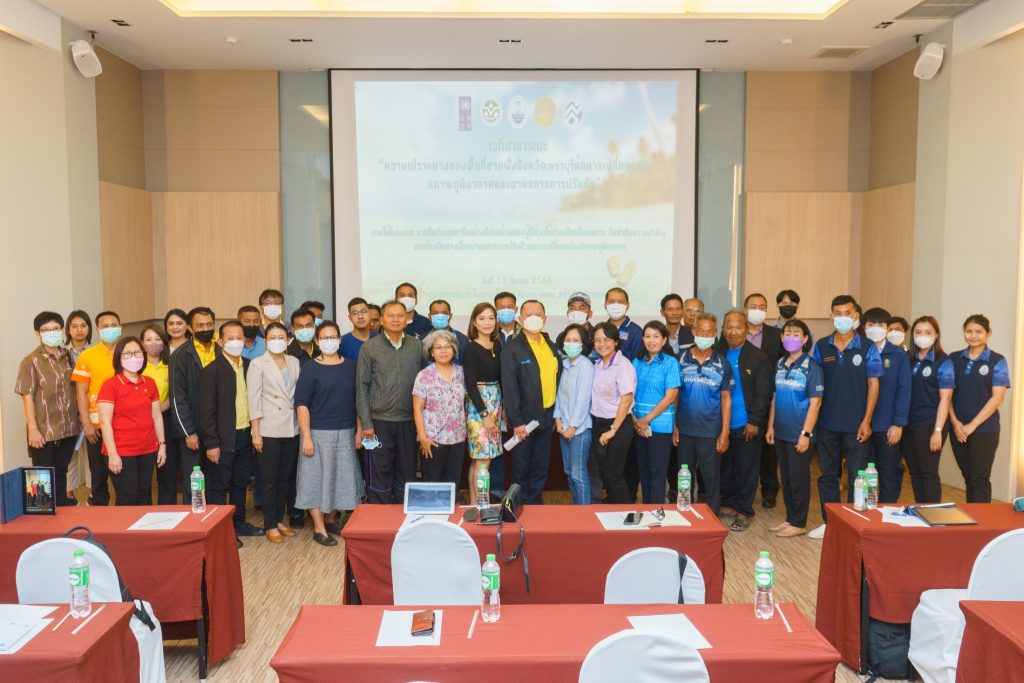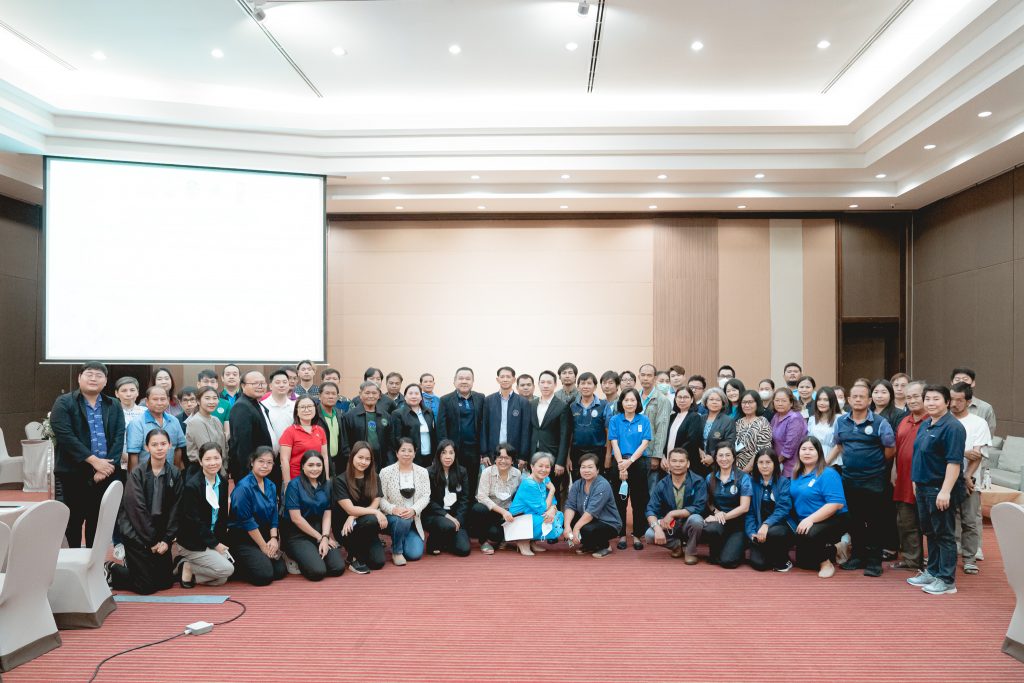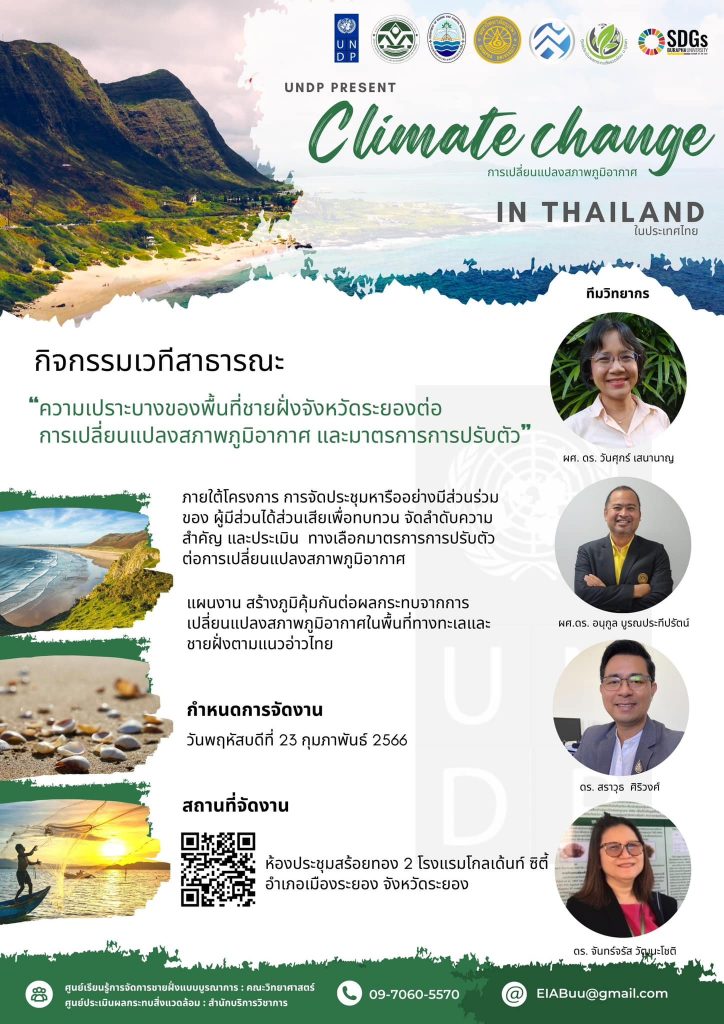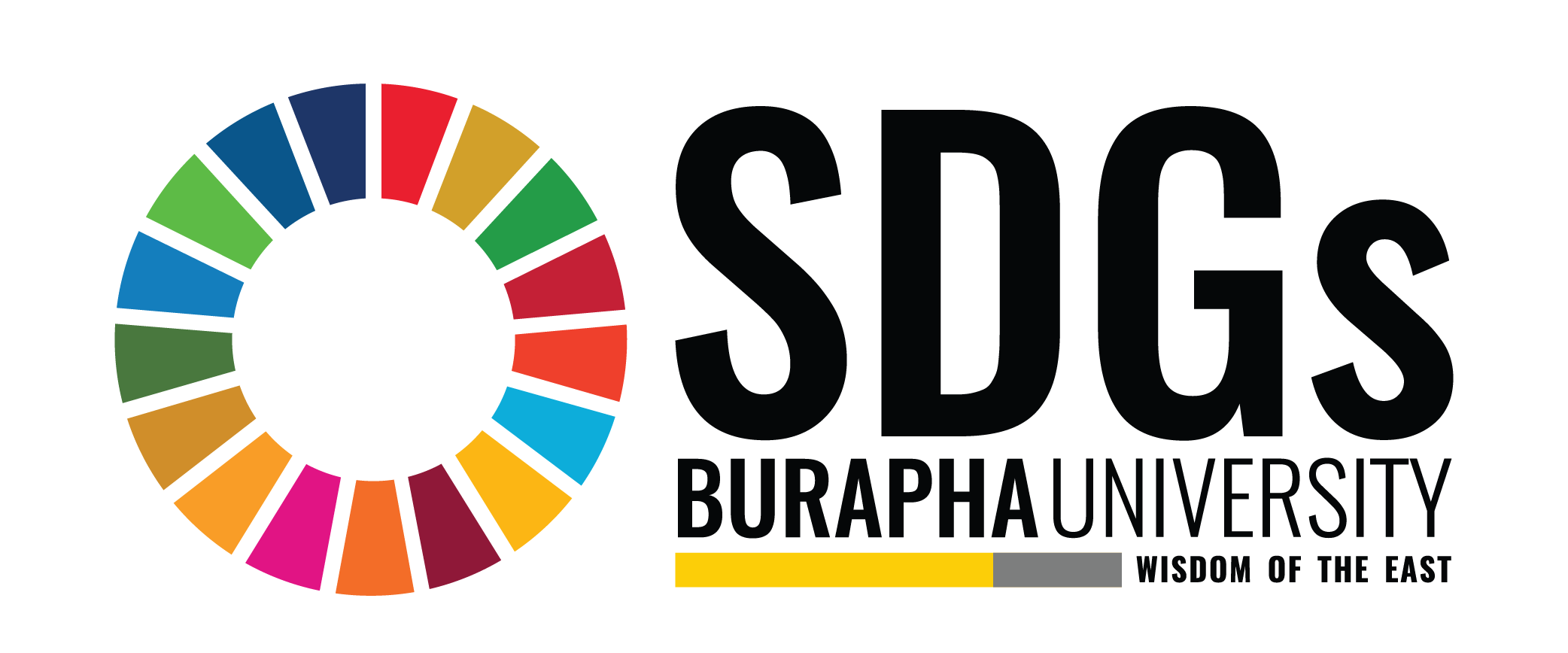Cargill Care: Promoting safe rice cultivation Faculty of Agricultural Technology, Burapha University
The GCF NAP Readiness and Preparatory Support project titled ‘Increasing resilience to climate change impacts in marine and coastal areas along the Gulf of Thailand’ will be an important contribution to the implementation of Thailand’s National Adaptation Plan (NAP), prepared by the Office of Natural Resources and Environmental Policy and Planning (ONEP), which provides an overarching planning framework for addressing climate change adaptation.
This project focuses on advancing climate change adaptation planning in relation to marine and coastal areas in the Gulf of Thailand (“the Gulf”). Anticipated extreme events, sea-level rise, climate induced erosion, drought, and flooding are expected to affect local tourism, agriculture, fisheries, aquaculture, and natural resources as well as create additional stress on land and water resource management.
The project is complementary to other initiatives supporting the NAP implementation in Thailand. Thailand’s NAP identified six key sectors/ thematic areas, namely: (i) water management; (ii) agriculture and food security; (iii) tourism; (iv) public health; (v) natural resource management; and (vi) human settlement and security. This project will focus on addressing gaps of current support programs. The project will work towards improving climate-responsive ‘natural resource management’ (thematic NAP area v) through the integrative approach of enhancing adaptation planning and budgeting in key marine and coastal economic sectors, e.g. targeting agriculture and fisheries (thematic NAP area ii) and tourism (thematic NAP area iii). It will be implemented in close collaboration with the Department of Marine and Coastal Resources, under Ministry of Natural Resources and Environment (MoNRE). The overall timeline of Thailand’s NAP implementation allows this project to utilise best-practices and information from the other interventions, and to meaningfully expand the knowledge-base and regulatory framework, particularly for the sub-national level. Also, in perspective to revise and update Thailand’s NAP.


In this context, the project objective is to “Integrate climate change adaptation into marine and coastal area related planning and budgeting”. GCF resources will be used to address barriers that hinder information, knowledge, and coordination for adaptation planning; technical capacities for integration of risk informed approaches in planning and budgeting; and lack of options to attract financing for climate change adaptation, particularly from the private sector. To achieve the project objective, there is demand from the Royal Thai Government (RTG) and key stakeholders is rising to build local capacity and advance planning for more climate resilient sustainable development.
In general, stakeholder engagement is the process involves people who may be affected by the decisions it makes or by its implementation. This process is crucial to build awareness and knowledge of local relevant stakeholders in planning and implementing national climate change adaptation plan. The project has planned to develop a knowledge base (based on existing data, research findings, and additional assessments to fill knowledge gaps) and provides easily accessible information to key stakeholders in the project area.
In addition, the project has also planned to conduct participatory review of identified adaptation options to improve natural resource management (building on knowledge base) with key stakeholders from targeted sectors in perspective to their social and political acceptability and inclusive, gender-responsiveness.

By Center of EIA (ศูนย์ประเมินผลกระทบสิ่งแวดล้อม สำนักบริการวิชาการ) and Faculty of science
